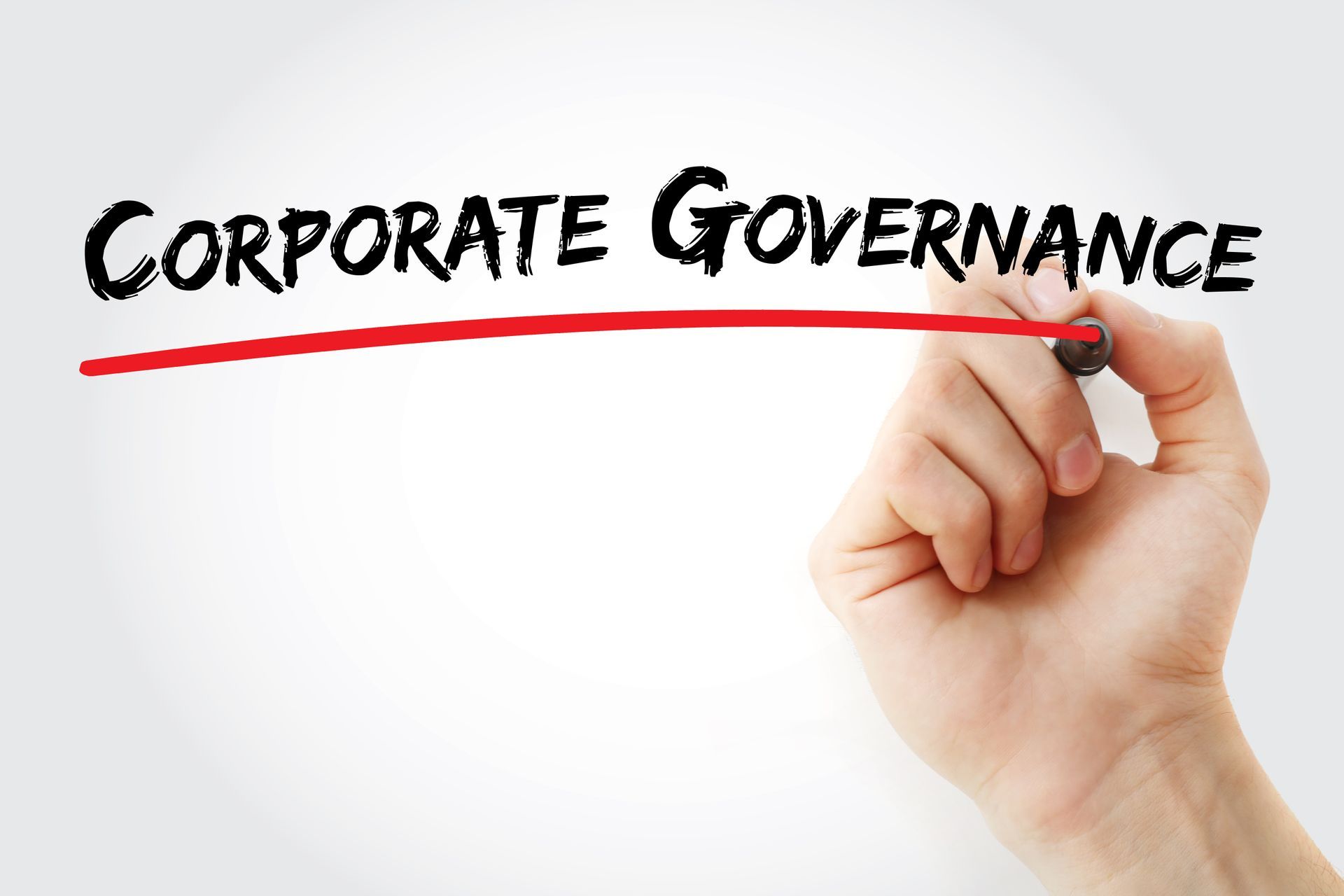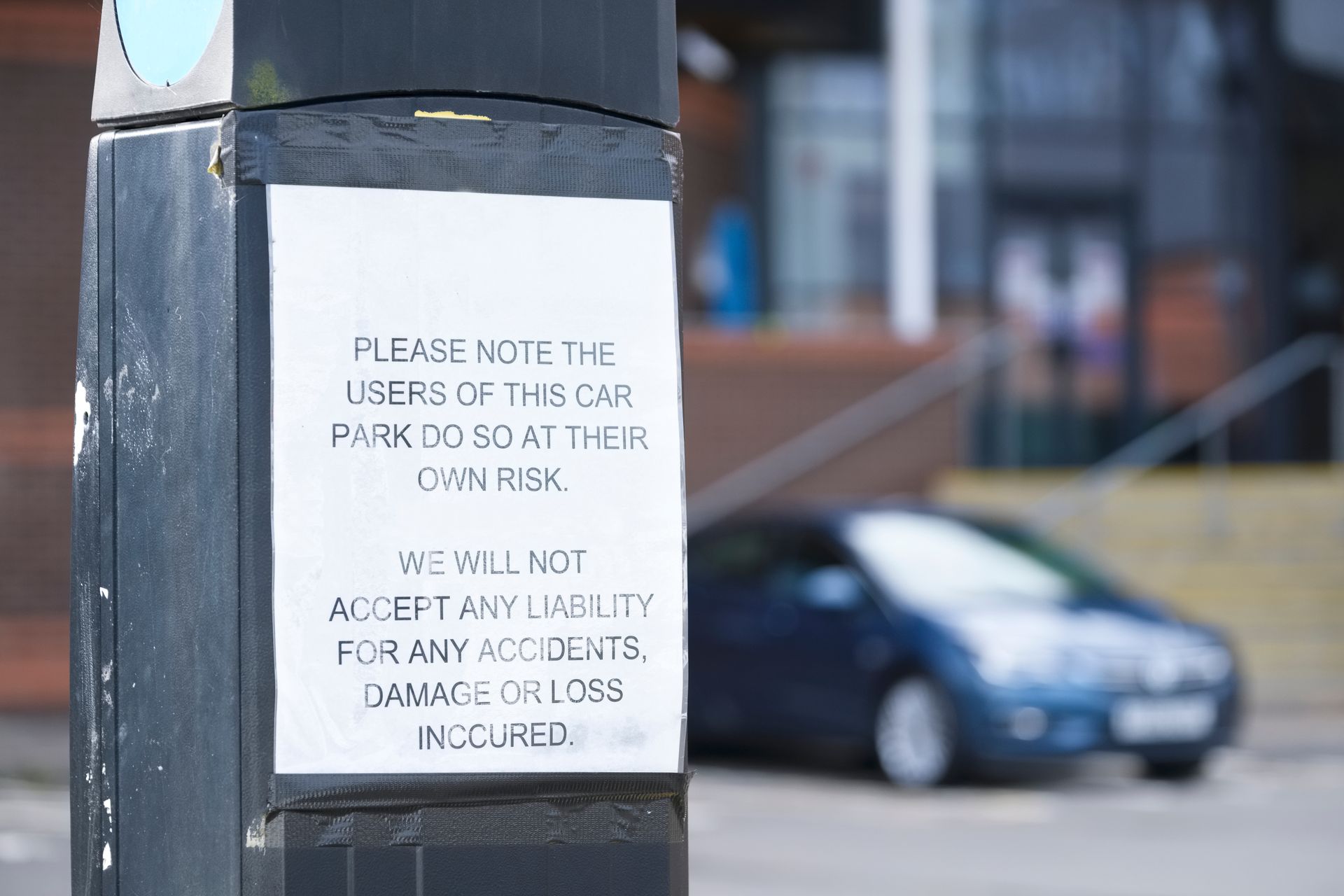Blog

Disagreements over corporate governance practices, such as board composition, executive compensation, voting rights and dividend policies, can lead to shareholder disputes. One of the more common scenarios is when minority shareholders feel marginalized or disenfranchised because they feel their interests are not accurately represented in the decision-making process.
Breach of Fiduciary Duty
Shareholders may allege that directors, officers or controlling shareholders have breached their fiduciary duties by engaging in self-dealing, conflicts of interest or acts of negligence or misconduct. Breach of fiduciary duty claims can arise in matters such as executive compensation, related-party transactions and corporate opportunities.
These disputes can potentially arise if a business is being sued by someone who was injured due to the company’s alleged negligence or misconduct. Upholding duty of care, as a normal standard every business is held to, is part of a business’s fiduciary duty.
Oppression of Minority Shareholders
In closely held corporations, majority shareholders or controlling interests may engage in oppressive conduct that unfairly prejudices the rights or interests of minority shareholders. Examples of oppression include exclusion from management decisions, the withholding of financial information and diversion of corporate opportunities for personal gain.
Shareholder Derivative Actions
Shareholder derivative actions are lawsuits brought by shareholders on behalf of the company to remedy harm caused by alleged misconduct or breaches of fiduciary duty by directors, officers or controlling shareholders. These lawsuits aim to recover damages or enforce corporate governance reforms for the benefit of the company and its shareholders.
Valuation Disputes
Disagreements over the valuation of company shares can arise in various situations, such as shareholder buyouts, mergers and acquisitions or disputes among business partners. Valuation disputes often involve complex financial analysis, appraisal methodologies and interpretations of contractual agreements.
The Role of a Business Litigation Attorney
When shareholder disputes escalate beyond informal negotiations or mediation, businesses may need to enlist the services of a business litigation attorney who will help to protect their interests and navigate the legal proceedings.
How Business Litigation Attorneys Can Help
Legal Analysis and Strategy
An experienced business litigation attorney can assess a case thoroughly, identify legal issues and develop a strategic plan to achieve the client's objectives. This may involve conducting legal research, analyzing relevant statutes and case law and formulating effective litigation strategies that are tailored to the specific circumstances of the dispute.
Negotiation and Settlement
In many cases, business litigation attorneys seek to resolve shareholder disputes through negotiation, mediation or settlement discussions. They use their negotiation skills and legal expertise to achieve favorable outcomes for their clients while avoiding the costs, risks and uncertainties associated with protracted litigation.
Representation in Court
A business litigation attorney also serves as an advocate for their client's interests in court proceedings. This includes a variety of potential motions, discovery, pre-trial hearings and, most importantly, the trial itself. Business litigation attorneys present persuasive arguments, examine witnesses and cross-examine opposing witnesses to advance their client's case and protect their rights.
Compliance and Risk Management
A proactive business litigation attorney helps businesses decrease the risk of future shareholder disputes by making sure they comply with corporate governance standards, regulatory requirements and contractual obligations. They also provide guidance on things like risk management strategies, internal controls and dispute resolution.
Consult With an Atlanta Business Liability Defense Attorney
Is someone alleging that their injury was caused by the negligent actions of your business or an employee? There are many scenarios where it may be in your business’s best interest to consult with your own attorney rather than relying solely on your insurance company to defend you. Our team is here to provide you with expert legal representation and defense strategies tailored to your unique situation.
Contact us today at (678) 921-4225 to schedule a free consultation with an experienced Atlanta business litigation defense attorney.











